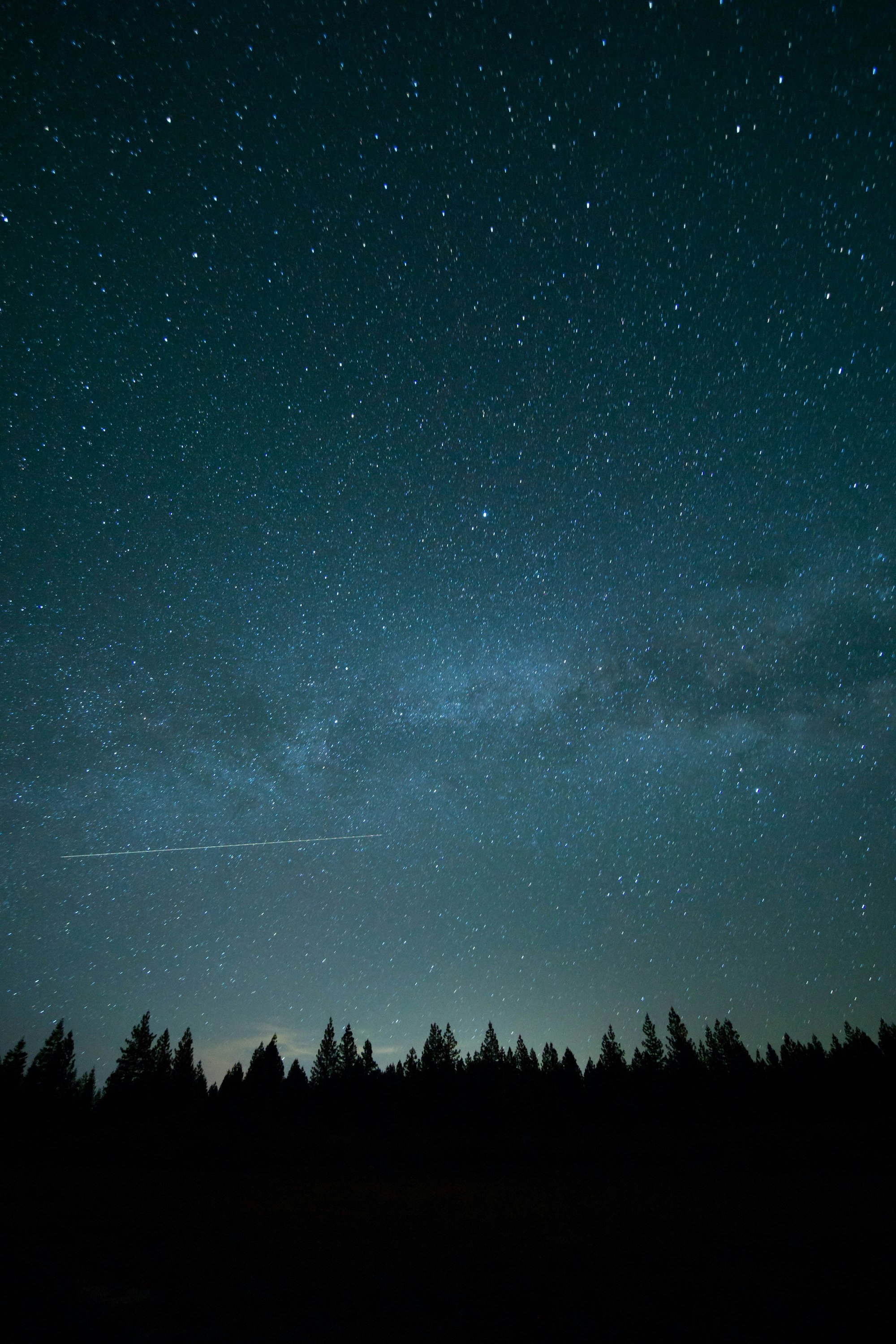Kay Ryan, "Pinhole"
"Hope is a discipline," Mariame Kaba says.

Re: Perry Bacon, Jr., "The fall of Roe is the culmination of the Democratic establishment’s failures"
I don't need to tell you that things are rapidly deteriorating in the US. Vulnerable populations are consistently under attack; women, in the words of the dissenting justices in Dobbs, are being relegated to second-class citizenship. People are being beaten, killed, left to suffer and die as a result of right-wing orthodoxy on debt, healthcare, guns, abortion, gender, and the environment. Later generations will struggle to understand why Christian nationalism was so insanely hateful and violent, constantly out of control. I have part of an answer: the golden cow. It does not cease giving, making the milkers infantile and lazy. The mere notion it could stop production provokes tantrums and rage. That's the state of the right-wing, and it is why they have no policies other than those centered around fear and persecution. They have, they don't know how or why they have, and so the fact the rest of the world even exists is a "trigger," to use their term.
The worst behavior of the right in America has gone unchecked. Perry Bacon, Jr. writes how Democratic leadership have done worse than nothing, as at times they have praised their Republican counterparts who protect and enable Trump:
I think it’s still possible Democrats keep control of Congress this November, because the party base could aggressively mobilize against the Republicans, particularly in light of the abortion decision. But that’s really another indictment of party leaders, who spent 2021 downplaying GOP radicalism while emphasizing building roads years from now. No matter what happens this election cycle, their previous defeats, lack of new strategies and open disdain for the party’s activists is too much to allow this group to remain in charge. The Americans who will most suffer from entrenched GOP rule — Black people and other traditionally marginalized groups in particular — deserve leaders who will fight as hard and creatively as possible for them, not a leadership class so invested in defending its own power, legacy and political approach.
Bacon's editorial, quoted above, is a must-read. He calls for Biden to not run again in the Washington Post. I don't need to say anything more.
Kay Ryan, "Pinhole"
"Hope is a discipline," Mariame Kaba says. She would know. Trying to abolish prisons, as she does, in a nation which gleefully locks up its own citizens at the drop of a hat, requires heroic amounts of both hope and discipline. I wonder: if I had been more efficient and organized when I was younger, would I be more hopeful? "Hope is a discipline" is a powerful activist slogan, seeming on its own to inspire positive social change. I want to know how these words could be, for me, more instinct than statement.
Pinhole (from Poetry) Kay Ryan We say pinhole. A pin hole of light. We can’t imagine how bright more of it could be, the way this much defeats night. It almost isn’t fair, whoever poked this, with such a small act to vanquish blackness.
I think quite a bit nowadays about the conditions needed to recognize and accept the truth. To be sure, my musing starts with a too-familiar place, e.g. "younger me would not hear of such a thing, much less consider it." My younger self wouldn't be interested in building the habits necessary for hope, but would obsess over "A pin hole / of light." He'd want immersion in small signs that miracles were possible, if not frequent. A "pin hole" which "defeats night," vanquishes darkness, is a tiny needle's puncture and a star, the local and the cosmic both at once. He'd love that linkage, and I, in middle age, can better understand why. What good is hope without the excitement, the inklings? The anticipation, the story I could tell—that's what I wanted.
Ryan's poem has details which speak to another way of seeing the world. One which does not insist on instant solutions, instead promising resolve more than gain. "We say / pinhole," her first sentence, underscores the social nature of hope. If you really believe something is good, you want others to have it too. We see and we say the small dot which breaks darkness, and we know it benefits all.
Ryan makes the pinhole, the star, almost sound divine. "It almost / isn't fair, / whoever / poked this, / with such / a small act / to vanquish / blackness." This is another curiosity. Initially, I could believe a godly power at work in these lines. But with more reflection, I find "whoever / poked this" calling to mind poking holes in a shoebox for a school project, making starlight that's clumsy, graded, and a memorable part of childhood. (Sometimes a part I want to forget.) I don't think of a divine being poking holes in their own creation as much as sending forth light, giving shape to the formless. I could be wrong. Nietzsche speaks of gods at play, creating and destroying however they like, the flux of becoming their joy and our reality. I do believe "[i]t almost / isn't fair, / whoever / poked this" establishes hope as uniquely human. You don't really place hope in things or events. You place it in others and yourself. It's a small act of infinite significance.
